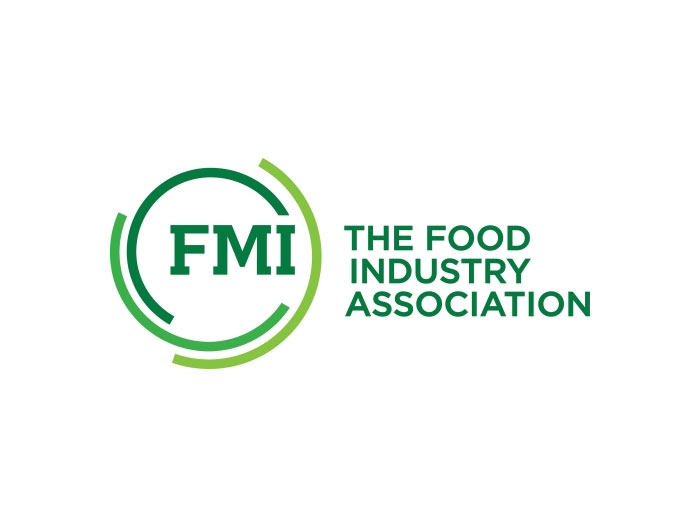Food Safety for E-Commerce Operations – Meeting Customer Expectations
November 3, 2021 | 2 min to read

For decades, retailers have been meeting customer needs by adapting to evolving expectations and expanding product offerings as well as enhancing the services offered to increase access to healthy meals for families around the country. Food delivery is not a new concept, but it expanded tremendously during the pandemic when consumers were seeking alternative ways to purchase food and household items as they reduced outings and shopping trips. Retailers rose to the occasion and enhanced services to provide food for their customers in multiple formats, including store pick-up and delivery. The use of technology also enabled novel ways for retailers to engage consumers and provide them with flexibility in how they shop. As technology continues to evolve, business models will change along with consumer expectations. No matter what the future of food retail looks like, retailers will adapt and continue to meet the ever-changing needs of their customers.
The U.S. Food and Drug Administration (FDA) recently held a summit on food safety practices for e-commerce. The scope of the summit was broad, covering grocery, restaurant and mail order business-to-consumer e-commerce models. The summit was convened to evaluate business models for e-commerce and to consider whether additional regulations are necessary to assure the safety of products delivered directly to consumers. FMI provided oral comments during the summit and plans to submit further written comments to the agency later this fall. Our remarks focused on several important points the agency should consider.
To read the rest of the story, please go to: FMI
